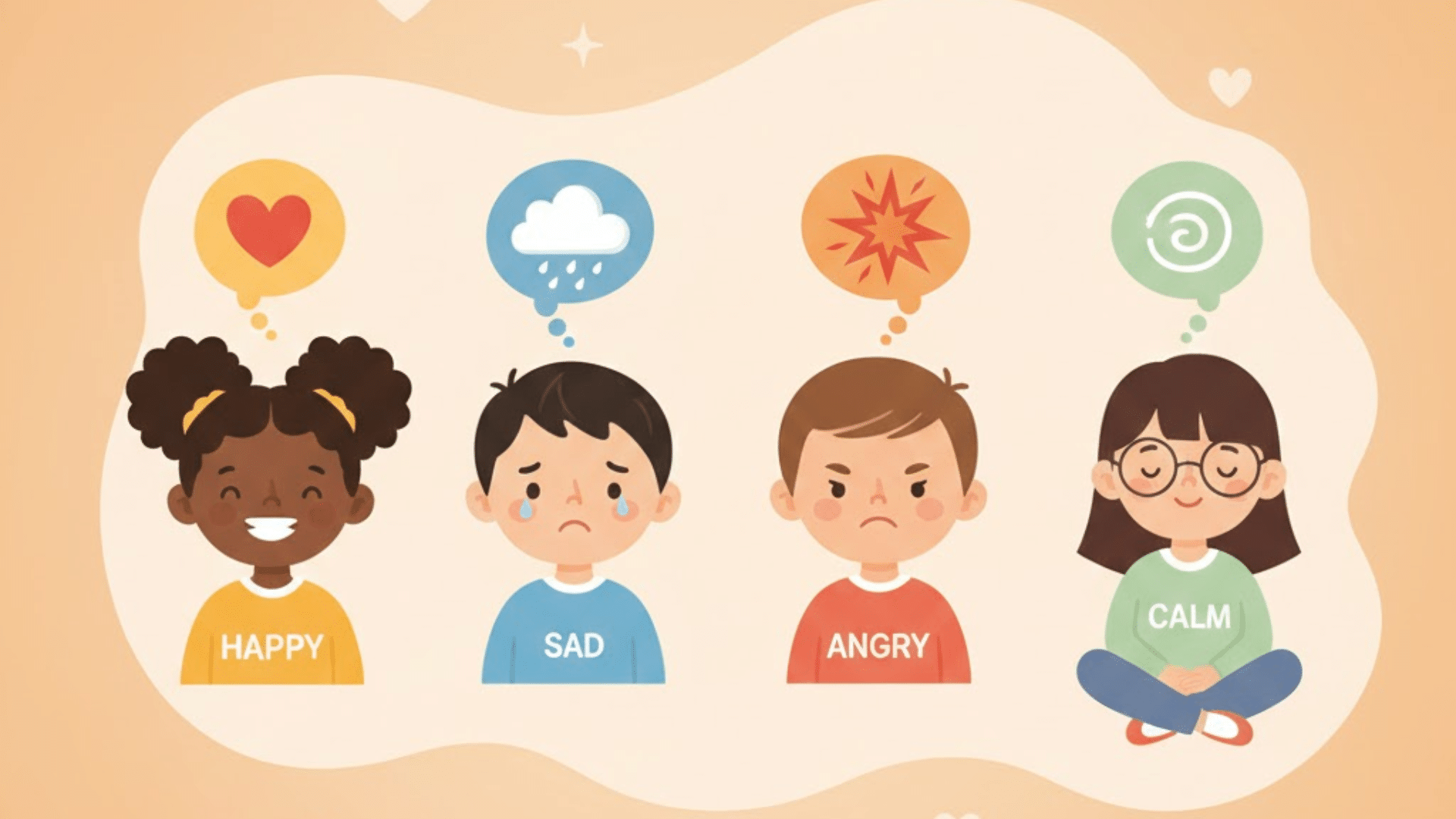Have you ever heard the term solo parenting and wondered what it really means? Many people confuse it with single parenting, but the two are not the same.
In this blog, you’ll find a clear explanation of solo parenting, how it differs from single parenting, and when the term applies.
I’ll also walk you through the real challenges, the positives, and the ways society and laws recognize solo parents.
By the end, you’ll have a full view of what solo parenting involves and where to find support if you’re living this experience yourself.
What is Solo Parenting?
Solo parenting means raising your child completely on your own. You take on the daily care, the decisions, and the financial responsibilities without another parent’s help.
This is not the same as single parenting. A single parent may still share duties with the other parent, like child support, school pickups, or weekends off. That backup doesn’t exist in solo parenting.
In short, solo parenting means carrying the full weight of raising a child. You make every choice, handle every task, and face every challenge without another parent to share the load.
When Solo Parenting Applies
Solo parenting doesn’t look the same for everyone. It can happen by choice, by loss, or because of circumstances outside your control.
- By choice (adoption or IVF): Some parents decide to raise a child on their own from the very beginning. They choose this path knowing they will handle every part of parenting without a partner.
- Through loss (widowed): When a partner passes away, the surviving parent becomes the only caregiver. They face both grief and the full weight of raising the child alone.
- Abandonment or incarceration: Sometimes a parent leaves or is unable to be present due to prison or estrangement. The remaining parent then takes on all responsibilities without support.
- Temporary absence (deployment or work): Solo parenting can also be short-term when a partner is away for military duty, overseas work, or frequent travel. In these times, one parent manages everything at home.
Solo Parenting vs. Single Parenting
Many people mix up solo parenting with single parenting. The two are not the same, and the differences matter in real life.
| Aspect | Solo Parenting | Single Parenting |
|---|---|---|
| Co-parent involvement | No involvement at all. You handle everything on your own. | The other parent may still help through visits, custody, or support. |
| Financial responsibility | You are the only provider for your child. | Costs are often shared through child support or other agreements. |
| Emotional and mental load | You carry the full weight with no backup. | The load is heavy, but sometimes shared with the other parent. |
| Use of the term | Refers only to parents with zero support from a partner. | Misusing “solo parenting” for temporary situations can dismiss the real struggles of solo parents. |
In short, single parenting usually means some level of shared responsibility. Solo parenting means carrying it all alone.
Solo Parenting: Challenges and Strengths

Solo parenting comes with unique struggles that set it apart from other parenting situations. It also brings unexpected positives that many parents notice over time.
1. No Backup and Decision Fatigue
When you parent alone, every choice and task falls on your shoulders. Over time, this constant decision-making can feel exhausting.
Example: If your child wakes up sick at night, you decide on medicine, school absence, and care without anyone to share the burden.
2. Financial Strain
Handling money alone is one of the toughest parts of solo parenting. Rent, food, and childcare often come from just one income.
Example: Buying new school uniforms or paying for sports is only your responsibility, while two-parent homes may share those costs.
3. Emotional Isolation
Solo parents can feel lonely without a partner to share milestones or worries. The lack of emotional support often adds to stress.
Example: When your child brings home a good grade, you feel proud but also wish someone else were there to celebrate with you.
4. Lack of Breaks
Breaks are rare since there’s no one to cover for you. Even simple rest or self-care can feel out of reach.
Example: A friend may invite you to dinner, but with no other parent at home, you usually have to decline.
5. Joys and Positives
Despite the challenges, solo parenting can build deep pride and independence. Many parents also form a very close bond with their child.
Example: Watching your child succeed in school feels extra rewarding because you know it came from your hard work and guidance alone.
Solo Parenting in Society & Culture
Solo parenting is more than a personal experience. It also shapes how families are seen, supported, and respected in society.
- Why the term matters to communities: The term gives solo parents a clear identity. It helps them find connection and support from others who share the same challenges.
- Critiques of misuse: The term is often misused by partnered parents when a spouse is away. This lessens its meaning and dismisses the reality of true solo parents.
- Global and legal perspectives: Some countries legally recognize the struggles of solo parents. For example, the Philippines has the Solo Parent Act, which provides benefits and workplace support.
Support & Resources for Solo Parents
Solo parents often need extra support to manage daily challenges. These resources can provide both practical help and emotional strength.
| Support Area | What It Covers | Why It Helps |
|---|---|---|
| Building support networks | Support from family, friends, neighbors, and online groups. | Creates a sense of community and reduces feelings of isolation. |
| Seeking professional help | Guidance from therapists, counselors, or financial advisors. | Offers expert advice for mental health, stress, and financial planning. |
| Practical tips for resilience and self-care | Habits like routines, short breaks, and mindfulness practices. | Keeps energy levels steady and prevents burnout. |
| Recommended resources | Books, podcasts, and organizations focused on solo parenting. | Provides ongoing learning, encouragement, and useful strategies. |
Navigating the day-to-day as a solo parent is no small task. Remember that the challenges you face are real, but so is the immense strength and resilience you are building along the way.
Conclusion
Solo parenting is not just about doing everything alone; it’s also about finding strength in places you didn’t expect. Those small victories can remind you that you’re doing better than you think.
Many parents find out new ways to adapt, grow, and create a loving home, even when the journey feels overwhelming. I know it takes courage to face each day without a backup, but it also shows incredible resilience.
If this spoke to you, share it with others who may need encouragement, or know more resources that can help you feel supported in your solo parenting path.
Frequently Asked Questions
Can solo parenting affect a child’s development?
Children of solo parents can thrive when given love, stability, and consistency. Emotional support matters more than having two parents at home.
How can employers support solo parents at work?
Flexible schedules, remote work options, and childcare benefits are practical ways workplaces can ease the challenges solo parents face daily.
How do I talk to my child about solo parenting?
Keep the conversation simple and honest. Focus on the love and stability you provide. Use words your child can understand and let them know it’s okay to have feelings or ask questions. Reassure them that your family is strong and that they are loved.










